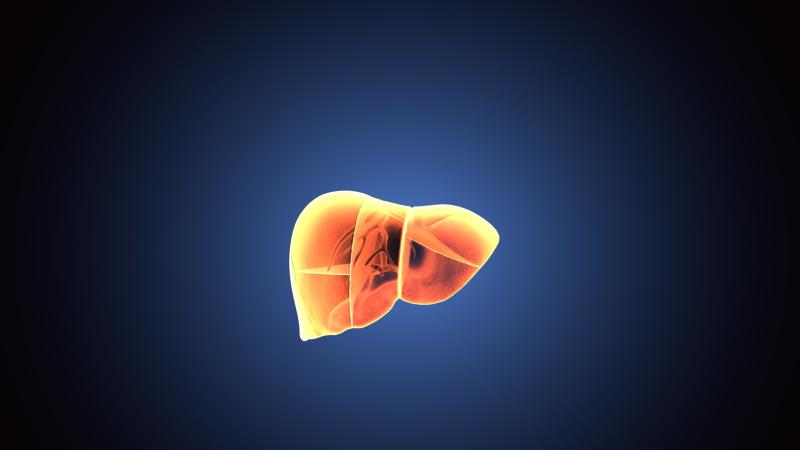Regorafenib improves survival in advanced HCC patients progressing on sorafenib





Real-world systemic sequential therapy with regorafenib confers survival benefits in patients with advanced hepatocellular carcinoma (HCC) who failed first-line sorafenib, consistent with previous clinical trial, according to a study in Korea.
“Regorafenib may improve the prognosis of patients who had longer time to progression (TTP) on previous sorafenib therapy,” the researchers said.
Yoonseok Lee from the Korea University College of Medicine led the team of researchers for this study, which analysed real-word data to assess the clinical efficacy and safety of regorafenib as second-line therapy for HCC. The results were presented at the Digital International Liver Congress (ILC) 2020.
Between July 2017 and May 2019, Lee and colleagues enrolled 133 patients with HCC (median age, 60 years; 82 percent male) who received regorafenib after sorafenib therapy in this multicentre, noncomparative, retrospective cohort study. They assessed tumour response according to the modified RECIST criteria. TTP, progression free survival (PFS), and overall survival (OS) on regorafenib therapy, as well as prediction factors for prognosis, were evaluated.
The most common aetiology of HCC was hepatitis B virus infection, which had a rate of 68.4 percent. Most patients (98.5 percent), except for two, were classified as Child-Pugh A. Extrahepatic metastasis and vascular invasion presented in 84 percent and 45.1 percent of patients, respectively. [ILC 2020, abstract SAT509]
The median treatment duration of the study drug was 2.6 months (range, 1.5–4.7 months). Three patients (2.7 percent) had complete response and 11 (9.8 percent) achieved a partial response, which brought about an objective response rate of 12.5 percent in 112 patients who were available for response assessment. The disease control rate stood at 34.8 percent.
Thirty-eight patients died during follow-up. Second-line treatment with regorafenib resulted in a median OS of 10.0 months (95 percent confidence interval [CI], 8.4–11.6), median PFS of 2.7 months (95 percent CI, 2.5–2.9), and median TTP of 2.6 months (95 percent CI, 2.4–2.8). From treatment initiation, the OS rate was 71.2 percent at 6 months and 38.7 percent at 1 year.
Multivariate analysis revealed the following factors to be independently associated with OS: Child-Pugh score >5 (hazard ratio [HR], 3.037, 95 percent CI, 1.46–6.314; p=0.003), alpha fetoprotein >400 ng/ml (HR, 5.9, 95 percent CI, 2.608–13.349; p<0.001), and TTP on sorafenib ≥median (HR, 0.441, 95 percent CI, 0.310–0.629; p<0.001). In exploratory analysis from the time of sorafenib administration, the median OS was 25.8 months (95 percent CI, 8.7–42.9). Survival rates at 1 and 2 years were 79.5 percent and 53.1 percent, respectively.
These findings were consistent with those by Changhoon Yoo and colleagues in their 2019 analysis. Both studies supported the results of the RESORCE trial, which found that regorafenib was the only systemic treatment that provided survival benefit in HCC patients progressing on sorafenib therapy. [Invest New Drugs 2019;37:567-572; Lancet 2017;389:56-66]